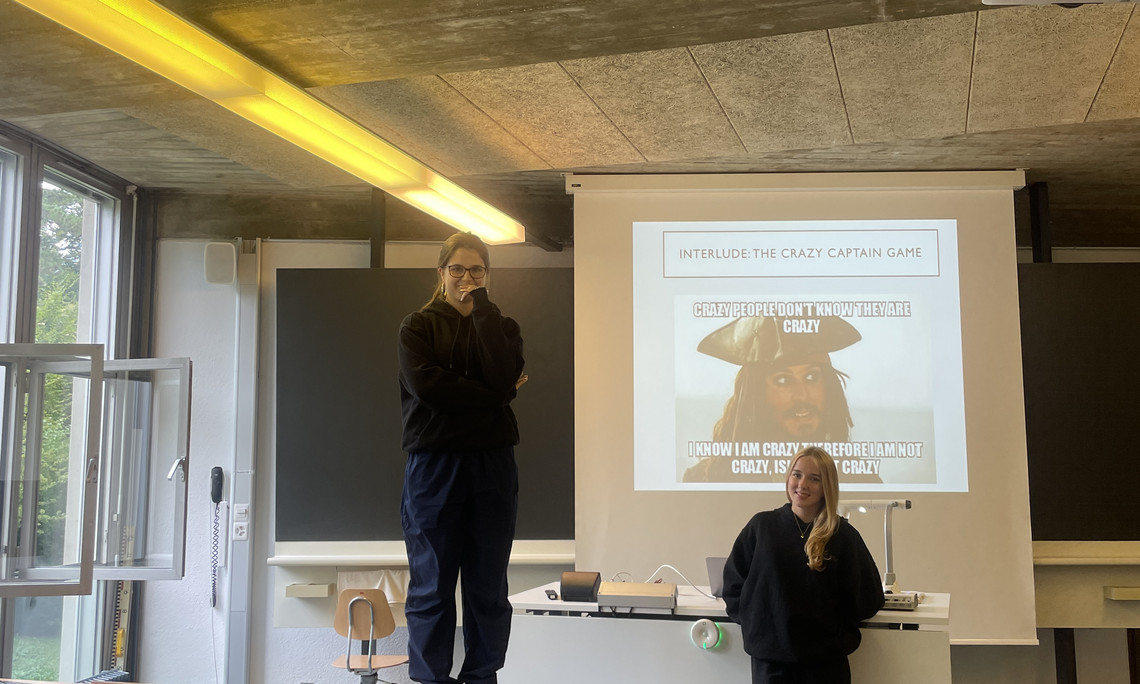On our first ToK day we discussed knowledge and the knower. In the beginning we learned about the different types of knowledge: Ability Knowledge refers to knowing how to do something (for example riding a bike) which is less reliant on language and can be difficult to communicate. Propositional Knowledge involves knowing that something is a certain way, which can involve facts, claims and the truth. These two types of knowledges often depend on each other.
If you gain knowledge by direct experience with a personal perspective we talk about Personal Knowledge. This type of knowledge is about things no one else can know but yourself, for example your feelings and emotions. In contrast, Shared Knowledge is possessed by a group of people (community of knowers). This includes things like, sports club, math class, family recipes and so on.
There are three different categories of knowledge. Facts are about the world, whether you know it or not. The truth is a claim which is proved or accepted as true. Claims are statements made by people stating what they believe to be a fact. This can be true or false.
There are also three different categories of claims. Opinions are personal preferences and are true only as long as the person stating it thinks it is true (e.g. Hot chocolate is delicious). Beliefs might be true; there is a possibility it is a fact (e.g. Going to the chiropractor helps with back pain). The last one is Knowledge which are statements which have already been accepted as true (e.g. Switzerland was founded in 1291).
Your knowledge is influenced by your personal experiences and by other people. You have a unique experience in relation to the world and also how you gained your knowledge. This is called Perspective. Something that we found really interesting was that children from Japan compared to children from the US had really different results on different tests. In one of those tests children from both countries were shown three images: a cow, a chicken and grass and they should put two of them together. Most children from the US put the cow and chicken together, while most of the Japanese children put the cow and the grass together. This is an example of how different cultures can teach you different ways of thinking from an early age on.
The 12 concepts of ToK are Evidence, Interpretation, Certainty, Explanation, Justification, Truth, Objectivity, Culture, Perspective, Value, Power and Responsibility.
In the afternoon, we examined at the two types of reasoning. Deductive reasoning is when you go from general to particular, for example the famous statement of Platon which is: All men are mortal. Socrates is a man. Therefore Socrates is mortal. Inductive reasoning is when you go from the particular to the general. There we have the Classical Induction, Analogical reasoning, Statistics – Quantifying observations, Hypothetical reasoning and Creative reasoning – thinking outside the box.
After discussing and understanding these topics we used them on different brain teasers, for example What do an island and the letter “T” have in common? They are both in the middle of the water.
To end this interesting day, we listened to four presentations from classmates about our ToK summer reading.
